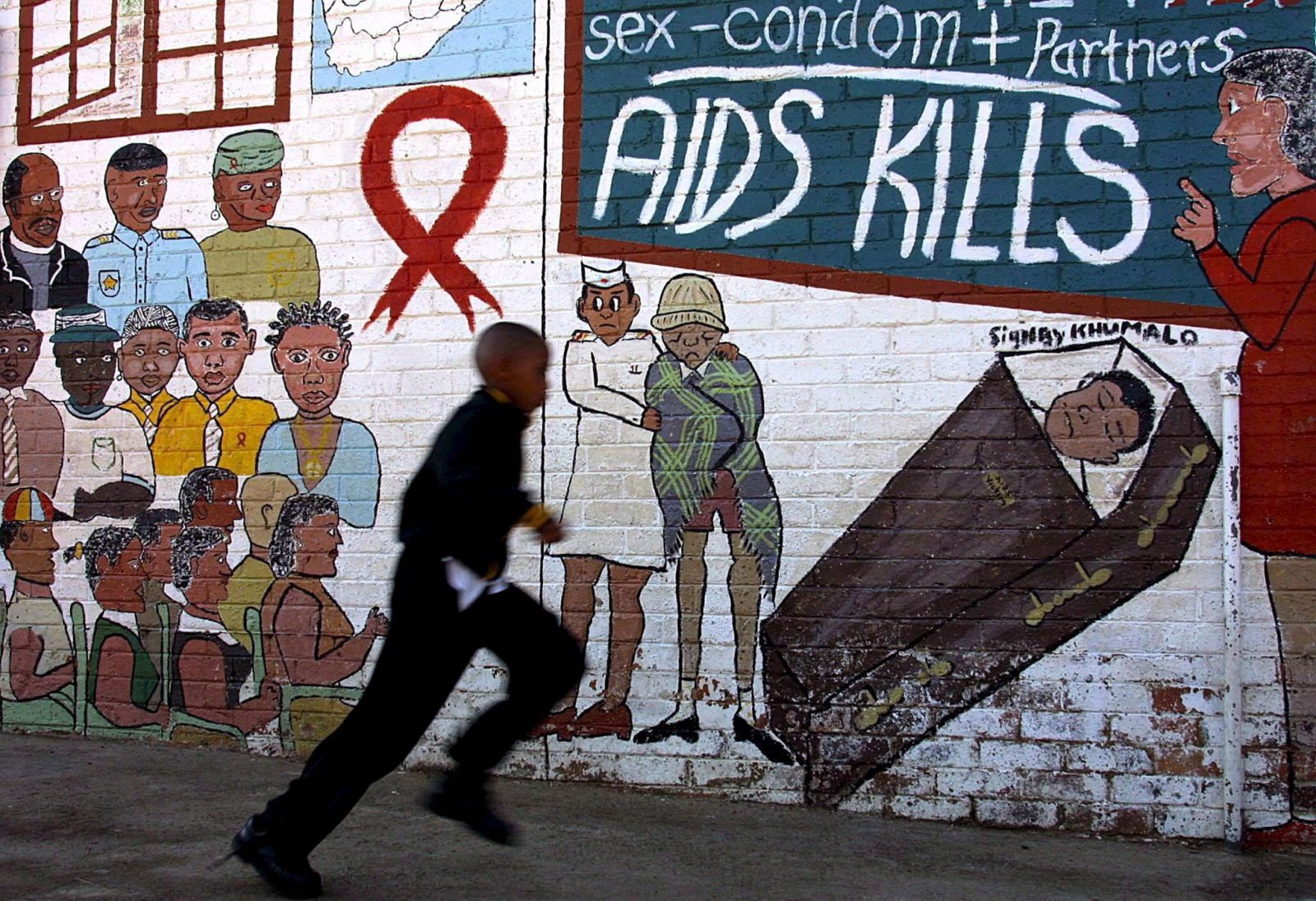Public participation
Listen to civil society

In global governance today, civil-society organisations (CSOs) are supposed to play an important role, according to most major intergovernmental organisations (IGOs). However, many IGOs seem to pay lip service to this cause rather than allowing non-governmental organisations an actual say in policy matters. The international civil-society alliance CIVICUS has assessed 10 IGOs regarding their attitude towards NGOs.
The title of the recently published CIVICUS report is telling: “Beyond our two minutes.” Typically, a CSO is allotted two minutes for a statement at intergovernmental meetings. CIVICUS used a scorecard to check the performance of IGOs like the World Trade Organisation, the UN Development Programme, the UN High Commissioner for Refugees, United Nations Women and the World Bank Group. CIVICUS is based in Johannesburg and promotes the rights of civil-society activists.
More than 10 % of 3,900 civil-society organisations that are registered as UN consultants filled out the questionnaire. The data indicates whether they had access to the decision-making bodies, whether policy-dialogue was meaningful, and whether civil-society activists had an impact on decisions. Ultimately, the survey tested whether IGOs really empower CSOs.
According to Bridget Hutter and Joan O’Mahony from the London School of Economics and Political Science, the strength of CSOs is their capacity to “suggest alternative ways of thinking and trigger innovation”. To do so, they obviously need to be heard.
CSOs represent people and causes, but this is an informal representation. They do not get their legitimacy in elections, and there is no legal obligation for governments or IGOs to consult them. On the other hand, CSOs often have specific expertise, and they rely on networks of concerned people. Duncan Green of Oxfam points out moreover, that “IGOs should indeed be triangulating by consulting with a range of stakeholders, including civil society” in places where democracy is flawed. If an IGO is serious about wanting to engage civil society, it certainly has no other way of doing so than by interacting with CSOs.
The CIVICUS report suggests IGOs are doing so by and large, but it spells out some remaining challenges:
- The three most commonly identified obstacles to meaningful CSO involvement were member states overriding CSO voices, consultations without results and weaknesses in IGO outreach.
- CSOs reported that IGOs were overly selective in choosing whom they sought to engage, not reaching out to civil society pro-actively and providing only very limited access to the main decision-making bodies.
- CSOs reported that they were not listened to on policy issues.
- A slight majority of CSOs felt that IGOs were only interested in CSOs’ ability to run programmes and implement projects.
- CSOs were split on the extent to which IGOs granted them influence. Apparently, their experiences vary considerably.
- CSOs generally indicated that the three priorities for IGOs should be to focus more on local and regional outreach, to do more to identify appropriate interlocutors from different CSOs and to decentralise their civil-society outreach strategies.
Some agencies, for instance UN Women, are considered to be more open to civil society influence than others. The performance of UNHCR and UN Food and Agriculture Organisation in this regard is assessed to be particularly poor. All in all, the authors write, IGO engagement of civil society “is underdeveloped in many areas”. They imply that improving matters would help to improve global governance in general.
Sheila Mysorekar
Related links:
Civicus:
http://civicus.org/index.php/en/
Beyond our two minutes: State of Civil Society Report 2014:
www.civicus.org/images/SoCS_IGO_final3.pdf












